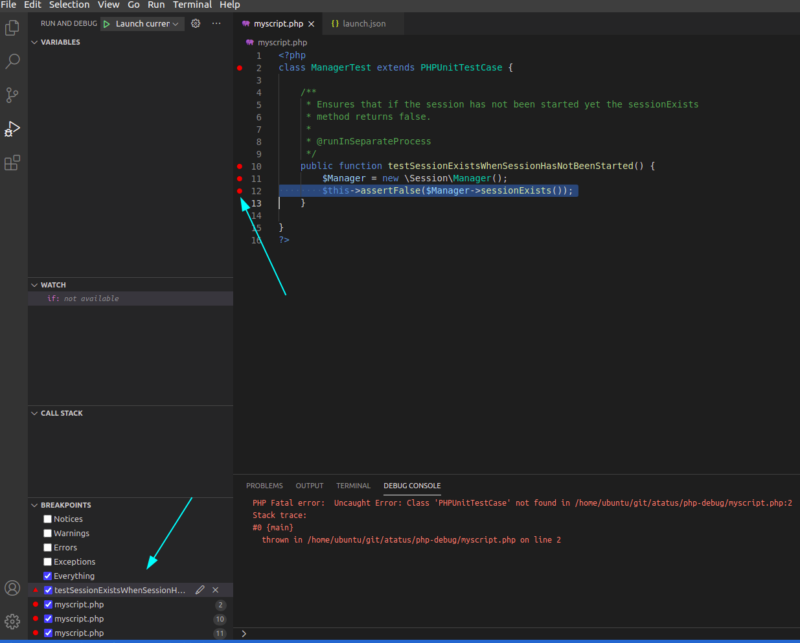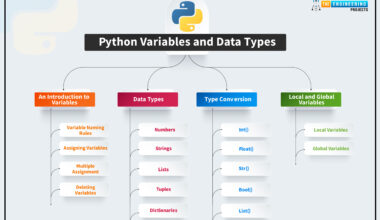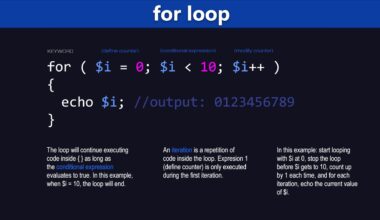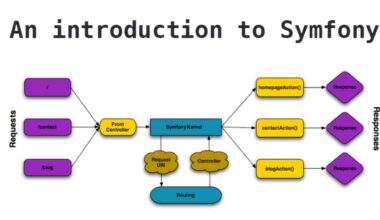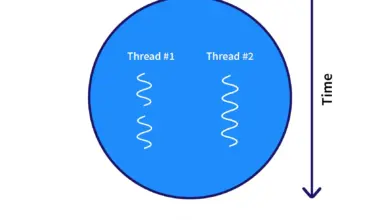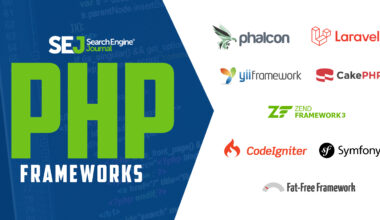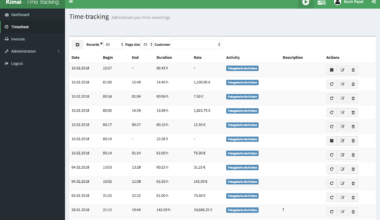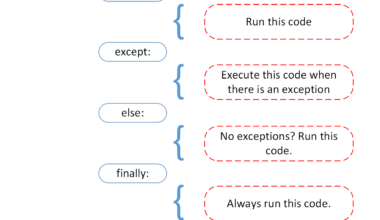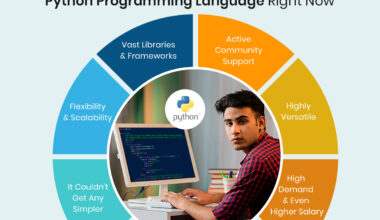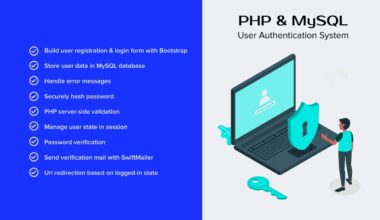Introduction: Understanding Debugging in PHP
As a PHP developer, you may have encountered errors or bugs in your code that prevent it from working correctly. Debugging is the process of identifying and fixing these issues in your code. It is an essential part of the software development process that ensures the quality and functionality of your PHP programs.
Debugging in PHP involves analyzing your code to find the cause of the problem and implementing a solution. It can be a challenging task, especially for beginners who are new to the language. However, with the right techniques, tools, and resources, you can identify and fix errors in your PHP code quickly and efficiently.
Common PHP Debugging Techniques
There are several debugging techniques that PHP developers use to identify and fix errors in their code. Some of the most common techniques include:
- Printing output to the screen using the print_r() and var_dump() functions
- Using error_reporting() and ini_set() functions to display PHP errors and warnings
- Debugging with the Xdebug extension and IDEs like PhpStorm and Eclipse
- Using log files to track errors and debug information
Best Practices for Debugging PHP Programs
To effectively debug your PHP programs, it is essential to follow best practices that can help you avoid common errors and improve the quality of your code. Some of the best practices for debugging PHP programs include:
- Testing your code regularly to ensure it is working correctly
- Using version control tools like Git to track changes in your code and revert to a previous version if necessary
- Using descriptive variable names and commenting your code to make it easier to understand and debug
- Using error handling techniques like try/catch blocks to catch exceptions and handle errors gracefully
Debugging Tools and Resources for PHP Developers
There are many debugging tools and resources available for PHP developers to help them identify and fix errors in their code. Some of the most popular tools and resources include:
- Xdebug: A popular PHP extension that provides debugging and profiling capabilities
- PhpStorm: An integrated development environment (IDE) that includes debugging tools
- DebugBar: A debugging toolbar that provides information about PHP errors and warnings
Common PHP Debugging Techniques
Debugging PHP programs can be a challenging task, especially when you are new to the language. However, with the right techniques, you can identify and fix errors in your code easily. Here are some common PHP debugging techniques that can help you to debug your code efficiently:
1. Displaying Errors:
One of the most common techniques to debug PHP programs is to display errors. PHP provides several functions to display errors and warnings. You can use the
error_reporting()
function to set the error reporting level, and the
ini_set()
function to set the display errors directive. For example, to display all errors and warnings in your PHP program, you can use the following code:
error_reporting(E_ALL);
ini_set('display_errors', 1);
2. Printing Output:
Another effective way to debug PHP programs is to print output to the screen. You can use the
print_r()
or
var_dump()
function to print the contents of a variable. For example, to print the contents of an array, you can use the following code:
$array = array('apple', 'banana', 'orange');
print_r($array);
This will output the following:
Array
(
[0] => apple
[1] => banana
[2] => orange
)
3. Logging:
Logging is another effective way to debug PHP programs. You can use the
error_log()
function to log errors and debug information to a file. For example, to log an error message to a file, you can use the following code:
$error_message = 'Unable to connect to database';
error_log($error_message, 3, '/var/log/php_errors.log');
4. Debugging with IDEs:
Integrated development environments (IDEs) like PhpStorm and Eclipse provide powerful debugging tools that can help you to debug your PHP programs effectively. These tools allow you to set breakpoints, step through your code, and inspect variables. For example, in PhpStorm, you can set a breakpoint by clicking on the left margin of the code
Debugging Tools and Resources for PHP Developers
PHP developers have access to a wide range of debugging tools and resources that can help them to identify and fix errors in their code. Here are some of the most popular debugging tools and resources for PHP developers:
1. Xdebug:
Xdebug is a powerful PHP extension that provides debugging and profiling capabilities. It allows you to set breakpoints, step through your code, and inspect variables. Xdebug also provides detailed error messages, stack traces, and profiling information that can help you to optimize your code. To install Xdebug, you can follow the installation guide available on the Xdebug website.
2. PhpStorm:
PhpStorm is an integrated development environment (IDE) that includes powerful debugging tools. It allows you to set breakpoints, step through your code, and inspect variables. PhpStorm also provides features like code completion, refactoring, and code analysis that can help you to write better code. PhpStorm is a paid tool, but it offers a free trial that you can use to test its features.
3. DebugBar:
DebugBar is a debugging toolbar that provides information about PHP errors and warnings. It also allows you to inspect variables, view SQL queries, and analyze performance. DebugBar is a free tool that you can install as a browser extension or use as a standalone application.
4. PHP Debugging Libraries:
PHP developers can also use various debugging libraries to identify and fix errors in their code. These libraries include:
- Whoops: A PHP error handler framework that provides detailed error messages and stack traces
- Monolog: A logging library that allows you to log errors and debug information to different destinations
- Bugsnag: A cloud-based error monitoring and reporting service that allows you to track errors and exceptions in real-time
By using these debugging tools and resources, you can streamline your debugging process and identify and fix errors in your PHP programs efficiently.
Debugging Tools and Resources for PHP Developers
PHP developers have access to a wide range of debugging tools and resources that can help them identify and fix errors in their code. Here are some of the most popular debugging tools and resources for PHP developers:
1. Xdebug:
Xdebug is a powerful PHP extension that provides debugging and profiling capabilities. It allows you to set breakpoints, step through your code, and inspect variables. Xdebug also provides detailed error messages, stack traces, and profiling information that can help you optimize your code. To install Xdebug, you can follow the installation guide available on the Xdebug website.
2. PhpStorm:
PhpStorm is an integrated development environment (IDE) that includes powerful debugging tools. It allows you to set breakpoints, step through your code, and inspect variables. PhpStorm also provides features like code completion, refactoring, and code analysis that can help you write better code. PhpStorm is a paid tool, but it offers a free trial that you can use to test its features.
3. DebugBar:
DebugBar is a debugging toolbar that provides information about PHP errors and warnings. It also allows you to inspect variables, view SQL queries, and analyze performance. DebugBar is a free tool that you can install as a browser extension or use as a standalone application.
4. PHP Debugging Libraries:
PHP developers can also use various debugging libraries to identify and fix errors in their code. These libraries include:
-
Whoops:
A PHP error handler framework that provides detailed error messages and stack traces. -
Monolog:
A logging library that allows you to log errors and debug information to different destinations. -
Bugsnag:
A cloud-based error monitoring and reporting service that allows you to track errors and exceptions in real-time.
5. Chrome Developer Tools:
Chrome Developer Tools is a set of web developer tools built directly into the Google Chrome browser. It allows you to inspect HTML, CSS, and JavaScript, as well as debug and profile your PHP code. You can use Chrome Developer Tools to set breakpoints, step through your code, and inspect variables.
In addition to these tools, there are many other debugging resources available for PHP developers, including online forums, documentation, and tutorials
Final Thought: Importance of Debugging in PHP Development
Debugging is an essential part of PHP development that ensures the quality, functionality, and security of PHP programs. Debugging can help you identify and fix errors, optimize your code, and prevent potential security vulnerabilities.
By following the best practices and using the right tools and resources, you can streamline your debugging process and improve the quality of your PHP code. Regular testing, version control, descriptive variable names, and error handling techniques are some of the best practices that can help you debug your PHP programs efficiently.
In addition to these practices, using powerful debugging tools like Xdebug, PhpStorm, and DebugBar can help you identify errors and optimize your code. These tools provide features like setting breakpoints, stepping through your code, and inspecting variables that can help you debug your PHP programs effectively.
It is essential to prioritize debugging in your PHP development process, as it can help you to avoid potential errors and security vulnerabilities that can cause significant issues in your PHP programs. By improving the quality of your PHP programs through effective debugging, you can provide better user experiences, increase your productivity, and establish a positive reputation in the development community.
In conclusion, debugging is not only essential for the development of PHP programs, but it is also an opportunity to optimize and improve the quality of your code. By following best practices, using powerful tools, and prioritizing debugging, you can ensure the functionality, security, and quality of your PHP programs.
